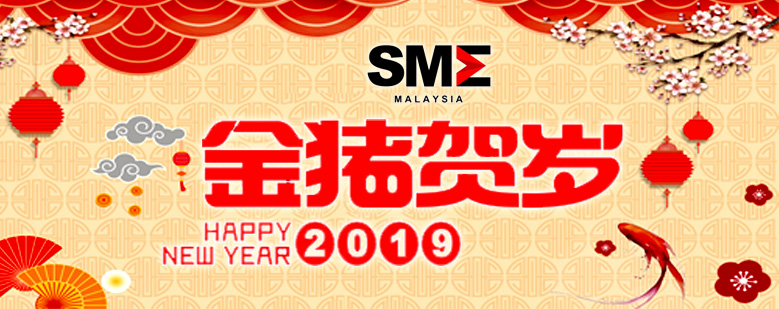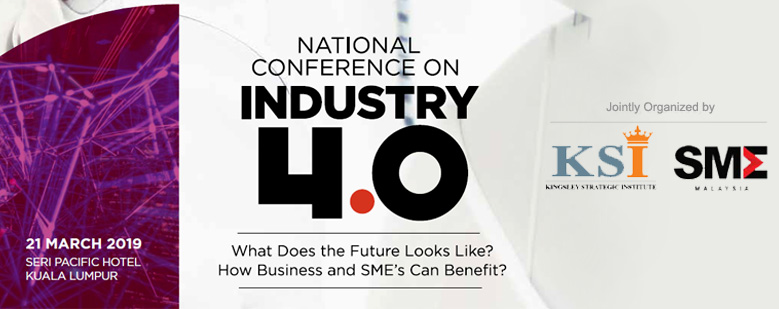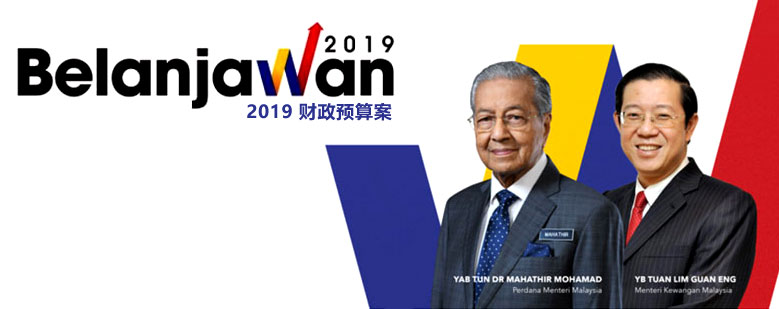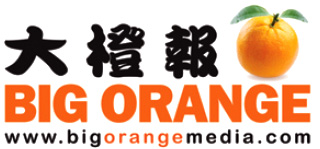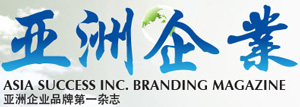Government Determined Not To Heavily Burden The People With GST
[ 11-09-2014 ]
Government Determined Not To Heavily Burden The People With GST
KUALA LUMPUR, Sept 10 (Bernama) -- Malaysia will soon join the 160 countries in the world that have implemented the Goods and Services Tax (GST) and the government will make sure the tax will not heavily burden the people.
Deputy Finance Minister, Datuk Ahmad Maslan, said the implementation of the GST would reduce the 'black economy' and would allow the government to give more assistance to the people.
"Malaysia's GST is the lowest after Canada's five per cent," he said at a GST forum Wednesday.
He said rice, flour, sugar, cooking oil salt, prawn paste, sago and baby's milk were exempted from GST.
Ahmad is one of the panellists at the forum.
Other members included Customs Department Director-General Datuk Seri Khazali Ahmad and Domestic Trade, Cooperative and Consumerism Ministry Secretary-General Datuk Seri Alias Ahmad.
Meanwhile, Khazali said there were no other countries in the world which had implemented the GST in a way Malaysia planned to do.
"The tax system here is different from other countries, which are not considered 'full-blown GST' because many goods are zero-rated and exempted," he said.
"As for the Sales and Services Tax (SST) at present, all goods have a tax element without the consumers realising it," he said.
He said there was a need to replace the SST with the GST as the former has a structural defect such as possible occurrence of a tax-on-tax that could reach up to 18 per cent while the GST would be at a flat rate of six per cent.
"Tax-on-tax occurred in the SST system when manufacturers distribute goods to wholesalers and then to retailers," he said.
To a question on the GST implementation in taxi services, Khazali said the Customs Department would hold a special meeting with the Inland Revenue Board and taxi associations to discuss the matter.
A call was made for taxi services to be zero-rated to ease the burden of taxi drivers upon the implementation of the GST in April next year.
Under the current guidelines, public transportation services are exempted from the new tax, which would be a burden to the taxi drivers who are under the hire-puchase scheme as their monthly installments for the taxis would be subjected to GST.
Exempted goods are non-taxable supplies that are not subjected to GST and businesses are not eligible to claim input tax credit in acquiring these supplies, and cannot charge output tax to the consumer.
To safeguard the interest of consumers, Alias said the ministry had tightened the Price Control and Anti-Profiteering Act 2011.
"This Act prevents businesses from making profit unreasonably.
"Some 1,300 price monitoring officers have been appointed throughout the country to monitor products prices and they will send reports to the MDTCC before noon every day on the status of the products prices," he said.
Besides that, he said, since last week, the MDTCC has undertaken data collection on prices of products to be used as the base price for reference to prevent businesses from profiteering.
-- BERNAMA
Deputy Finance Minister, Datuk Ahmad Maslan, said the implementation of the GST would reduce the 'black economy' and would allow the government to give more assistance to the people.
"Malaysia's GST is the lowest after Canada's five per cent," he said at a GST forum Wednesday.
He said rice, flour, sugar, cooking oil salt, prawn paste, sago and baby's milk were exempted from GST.
Ahmad is one of the panellists at the forum.
Other members included Customs Department Director-General Datuk Seri Khazali Ahmad and Domestic Trade, Cooperative and Consumerism Ministry Secretary-General Datuk Seri Alias Ahmad.
Meanwhile, Khazali said there were no other countries in the world which had implemented the GST in a way Malaysia planned to do.
"The tax system here is different from other countries, which are not considered 'full-blown GST' because many goods are zero-rated and exempted," he said.
"As for the Sales and Services Tax (SST) at present, all goods have a tax element without the consumers realising it," he said.
He said there was a need to replace the SST with the GST as the former has a structural defect such as possible occurrence of a tax-on-tax that could reach up to 18 per cent while the GST would be at a flat rate of six per cent.
"Tax-on-tax occurred in the SST system when manufacturers distribute goods to wholesalers and then to retailers," he said.
To a question on the GST implementation in taxi services, Khazali said the Customs Department would hold a special meeting with the Inland Revenue Board and taxi associations to discuss the matter.
A call was made for taxi services to be zero-rated to ease the burden of taxi drivers upon the implementation of the GST in April next year.
Under the current guidelines, public transportation services are exempted from the new tax, which would be a burden to the taxi drivers who are under the hire-puchase scheme as their monthly installments for the taxis would be subjected to GST.
Exempted goods are non-taxable supplies that are not subjected to GST and businesses are not eligible to claim input tax credit in acquiring these supplies, and cannot charge output tax to the consumer.
To safeguard the interest of consumers, Alias said the ministry had tightened the Price Control and Anti-Profiteering Act 2011.
"This Act prevents businesses from making profit unreasonably.
"Some 1,300 price monitoring officers have been appointed throughout the country to monitor products prices and they will send reports to the MDTCC before noon every day on the status of the products prices," he said.
Besides that, he said, since last week, the MDTCC has undertaken data collection on prices of products to be used as the base price for reference to prevent businesses from profiteering.
-- BERNAMA

